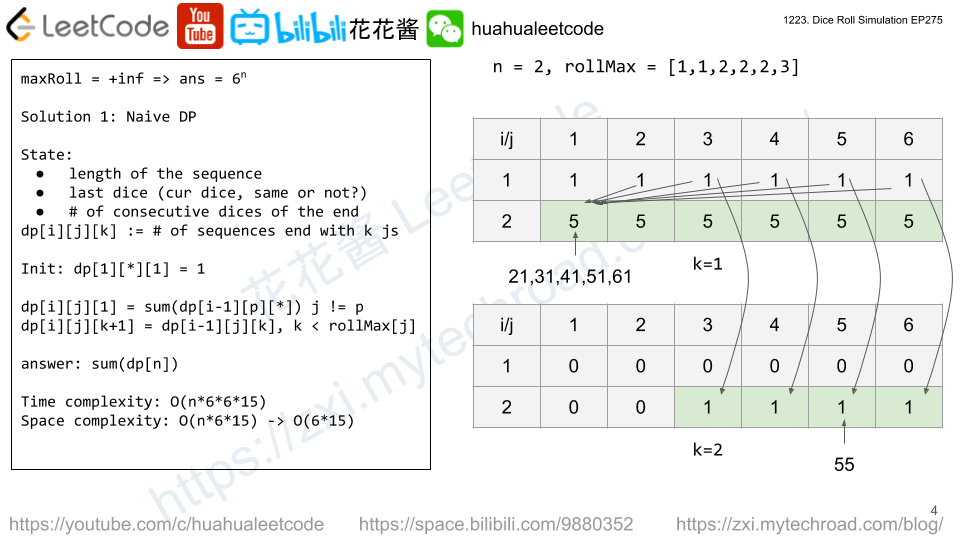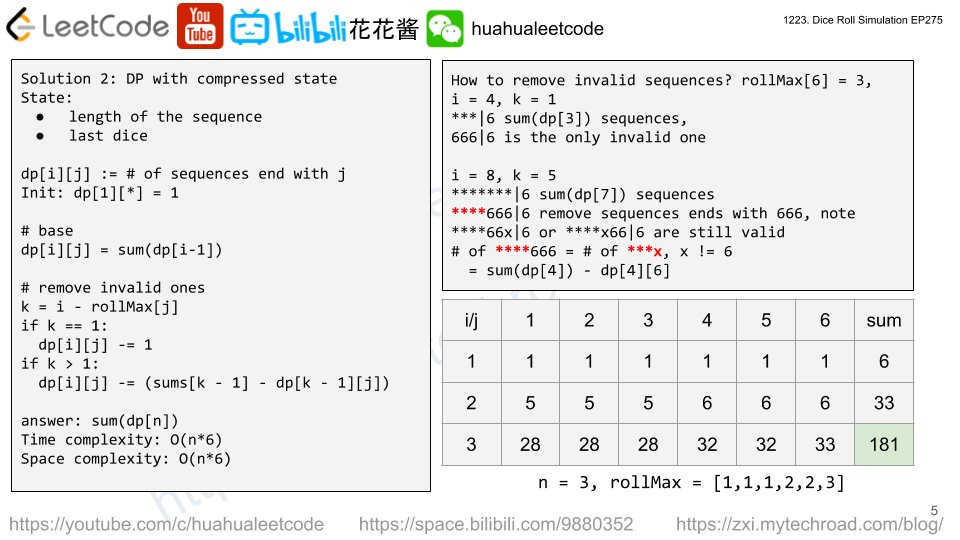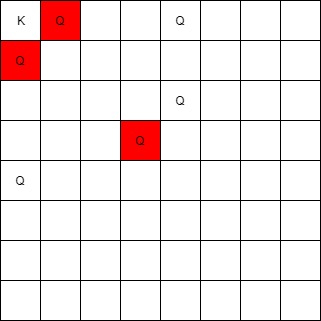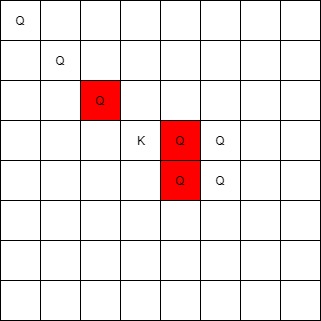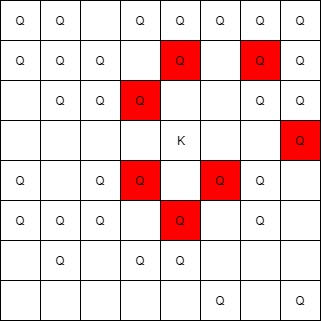Given a list of folders, remove all sub-folders in those folders and return in any order the folders after removing.
If a folder[i] is located within another folder[j], it is called a sub-folder of it.
The format of a path is one or more concatenated strings of the form: / followed by one or more lowercase English letters. For example, /leetcode and /leetcode/problems are valid paths while an empty string and / are not.
Example 1:
Input: folder = ["/a","/a/b","/c/d","/c/d/e","/c/f"] Output: ["/a","/c/d","/c/f"] Explanation: Folders "/a/b/" is a subfolder of "/a" and "/c/d/e" is inside of folder "/c/d" in our filesystem.
Example 2:
Input: folder = ["/a","/a/b/c","/a/b/d"] Output: ["/a"] Explanation: Folders "/a/b/c" and "/a/b/d/" will be removed because they are subfolders of "/a".
Example 3:
Input: folder = ["/a/b/c","/a/b/ca","/a/b/d"] Output: ["/a/b/c","/a/b/ca","/a/b/d"]
Constraints:
1 <= folder.length <= 4 * 10^42 <= folder[i].length <= 100folder[i]contains only lowercase letters and ‘/’folder[i]always starts with character ‘/’- Each folder name is unique.
Solution: HashTable
Time complexity: O(n*L)
Space complexity: O(n*L)
C++
|
1 2 3 4 5 6 7 8 9 10 11 12 13 14 15 16 17 18 19 |
// Author: Huahua class Solution { public: vector<string> removeSubfolders(vector<string>& folder) { unordered_set<string> s(begin(folder), end(folder)); vector<string> ans; for (const auto& cur : folder) { string f = cur; bool valid = true; while (!f.empty() && valid) { while (f.back() != '/') f.pop_back(); f.pop_back(); if (s.count(f)) valid = false; } if (valid) ans.push_back(cur); } return ans; } }; |
